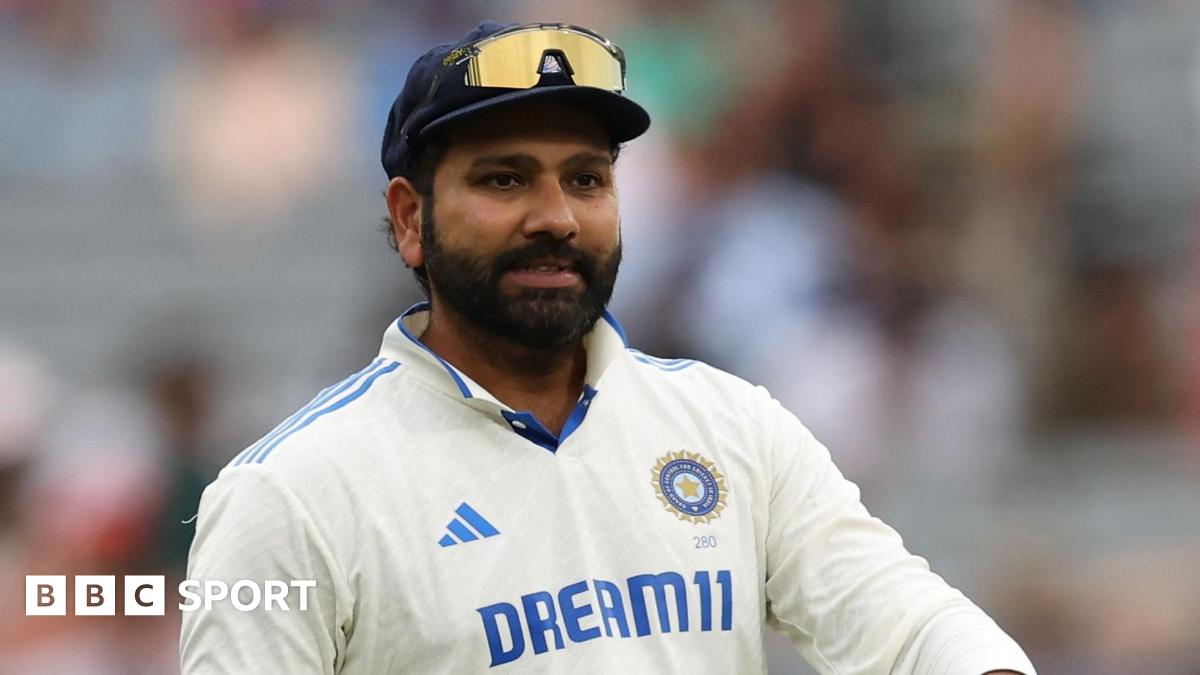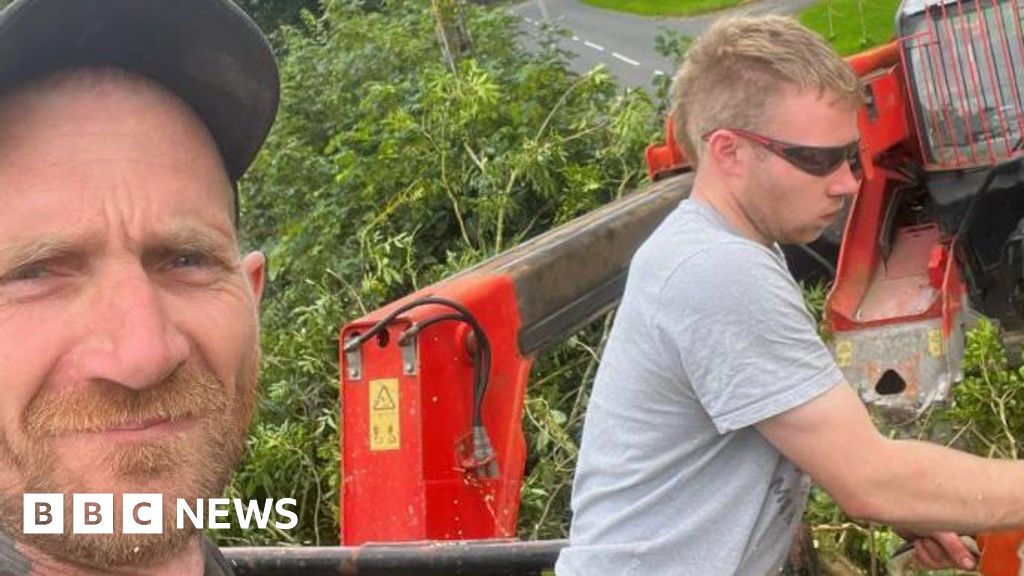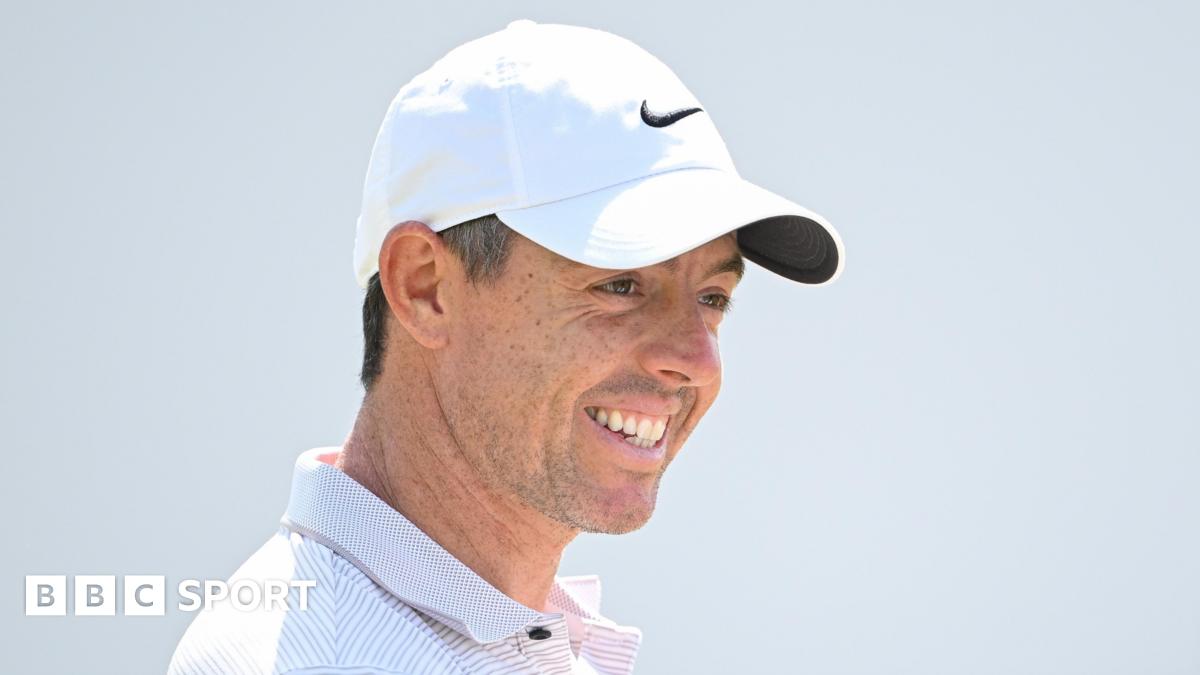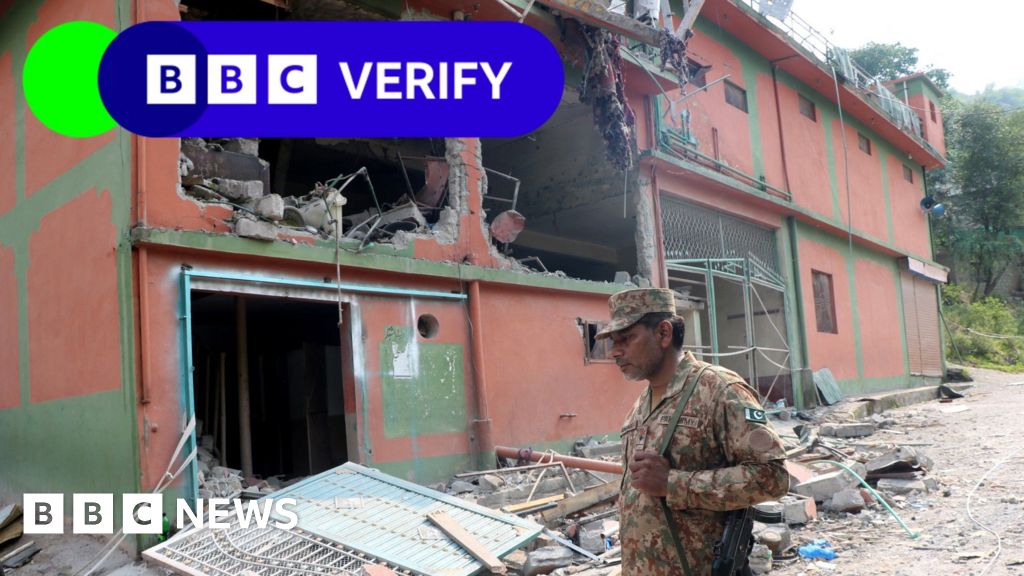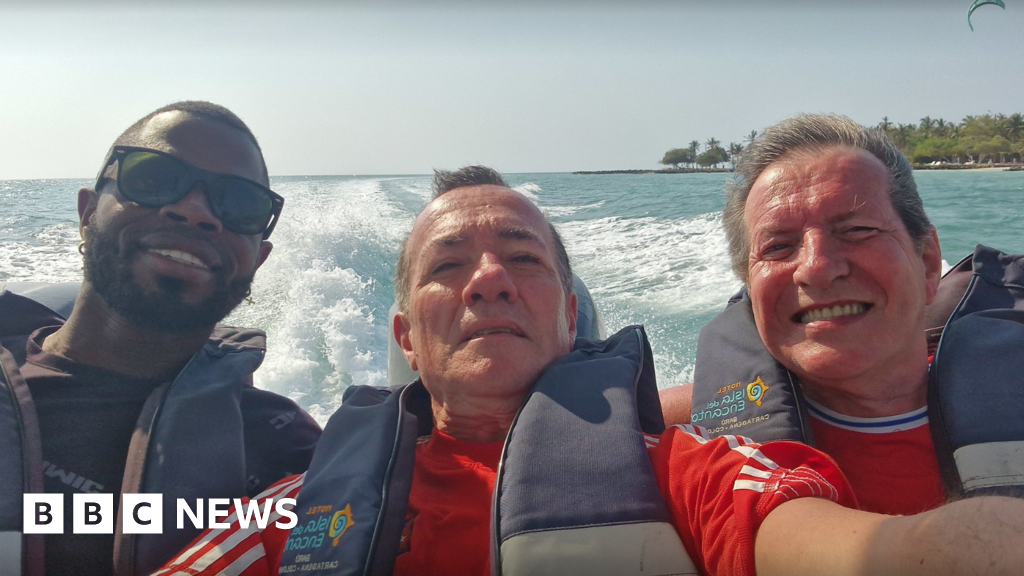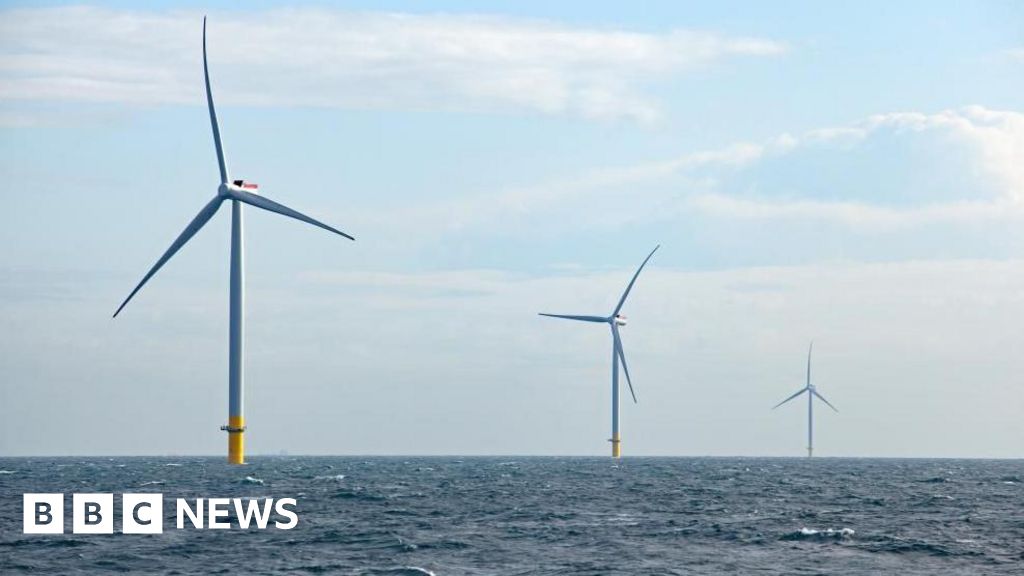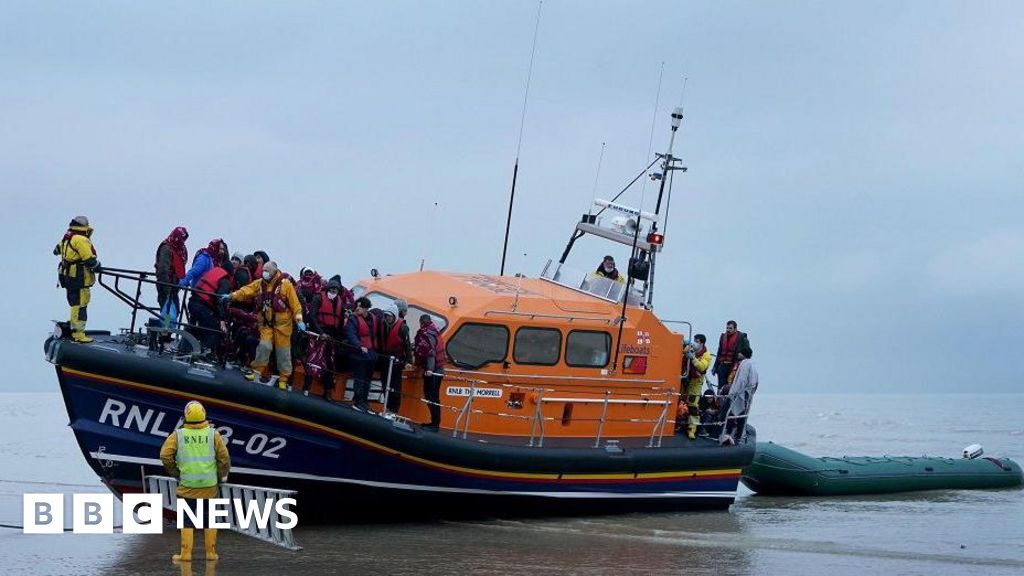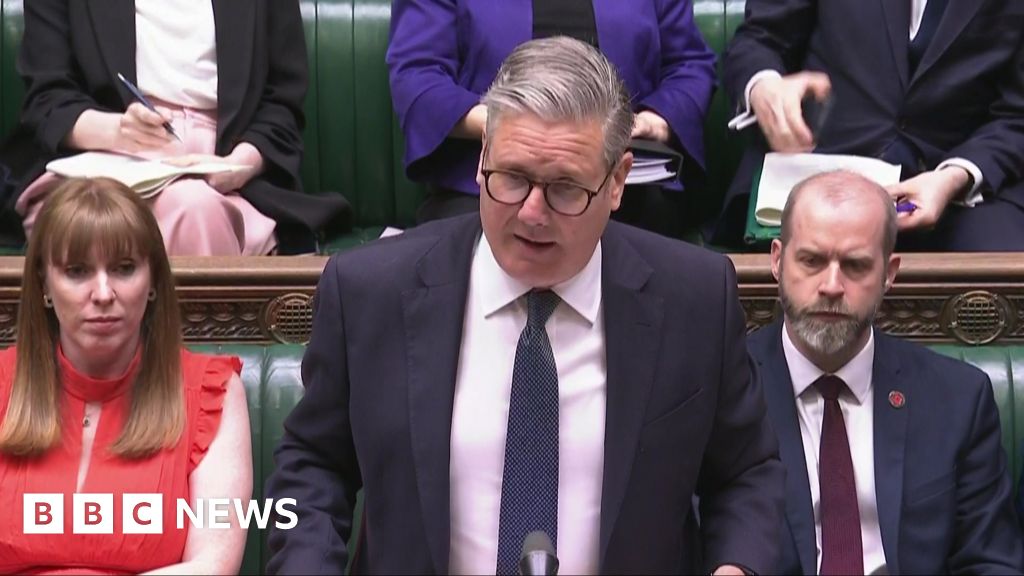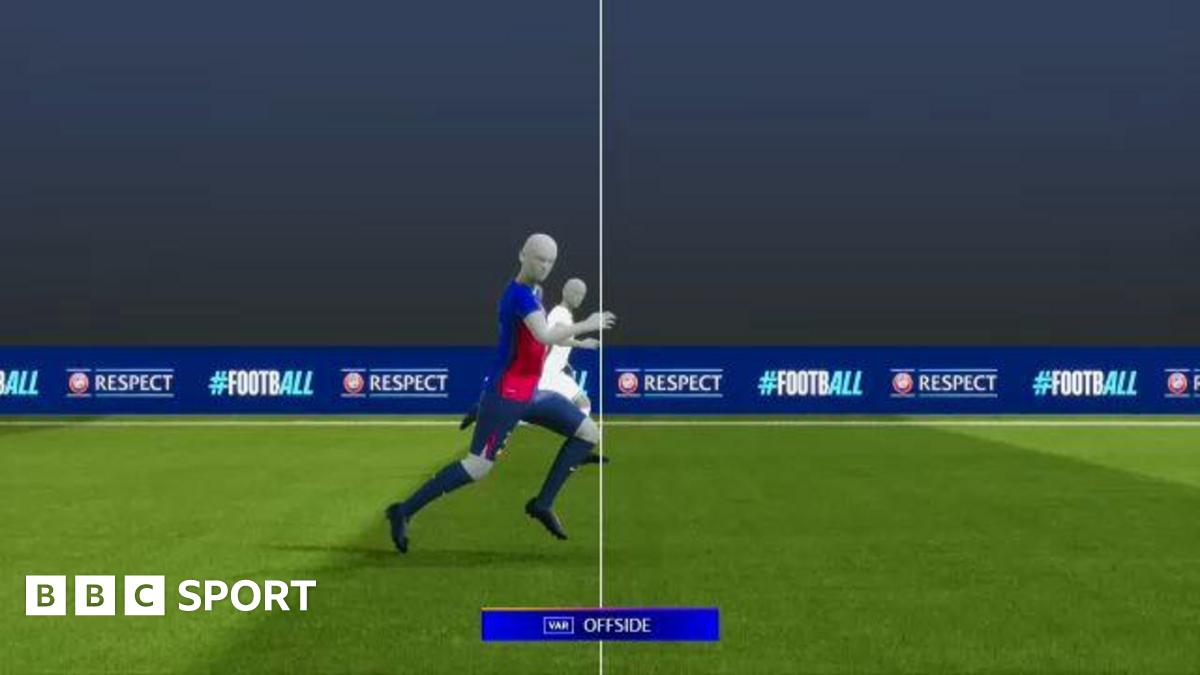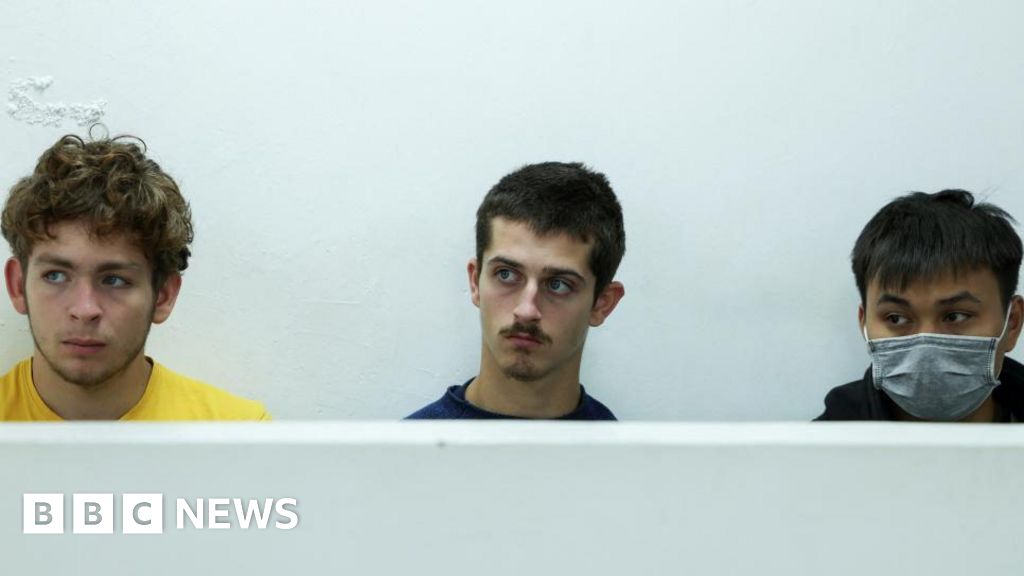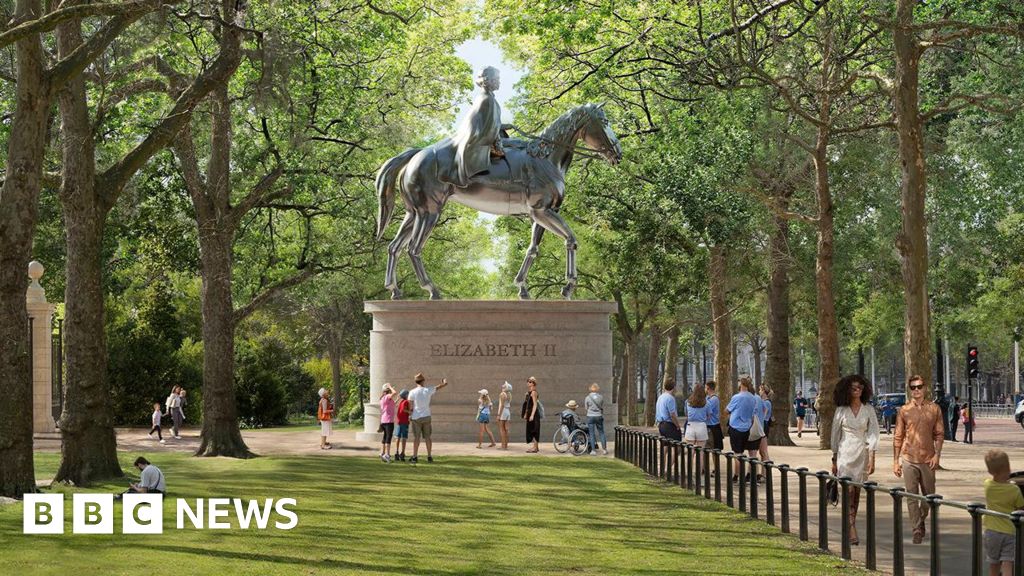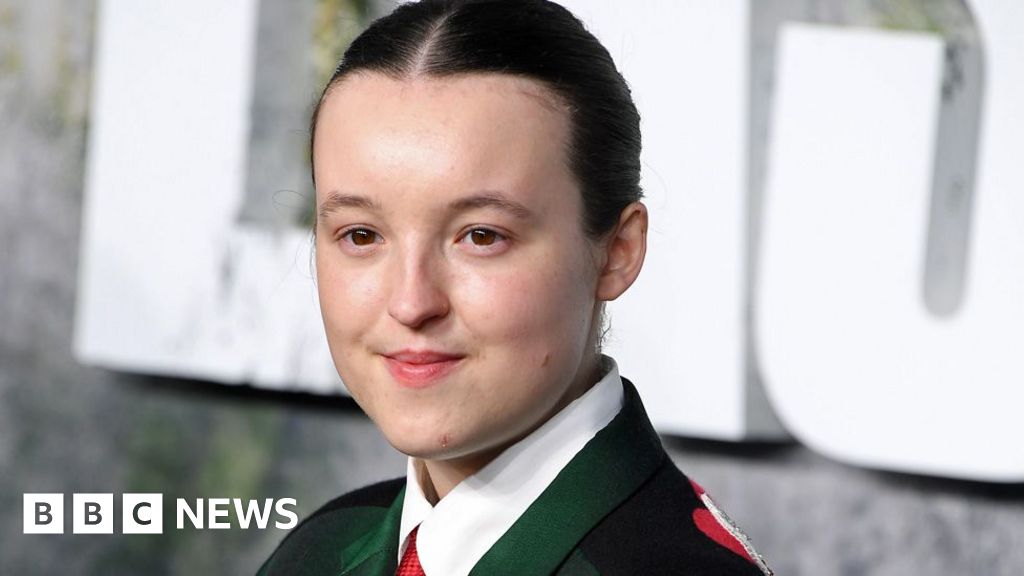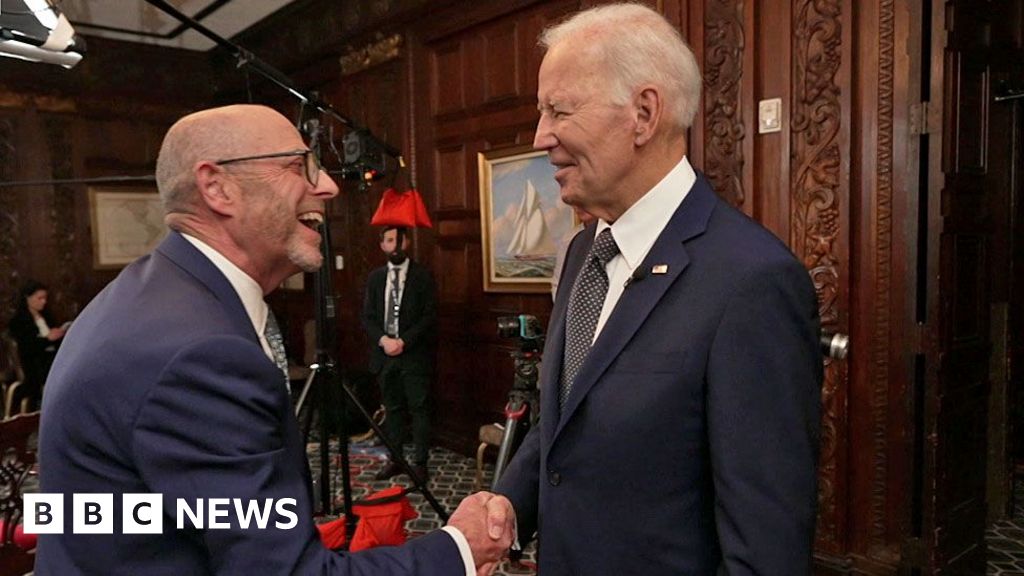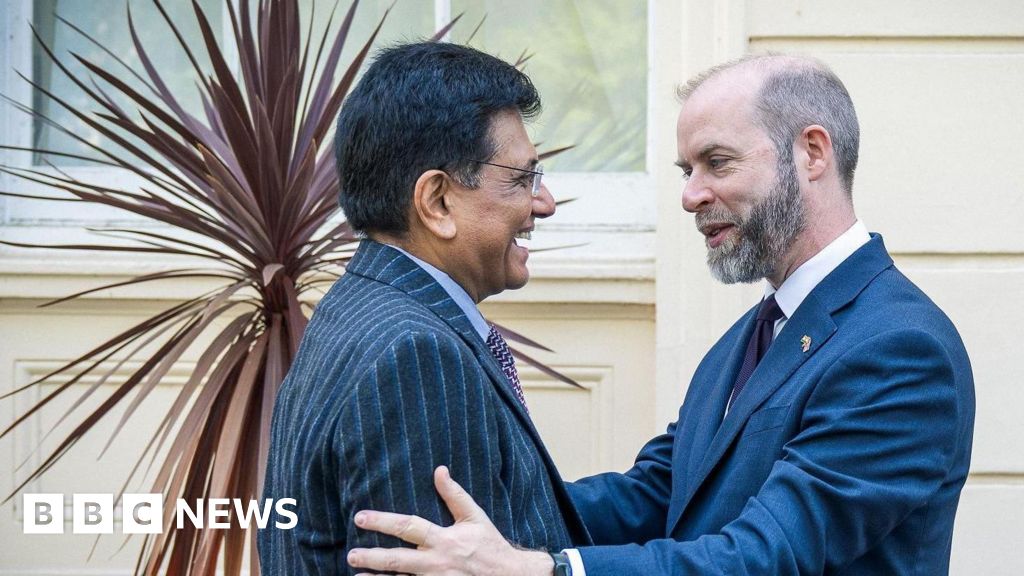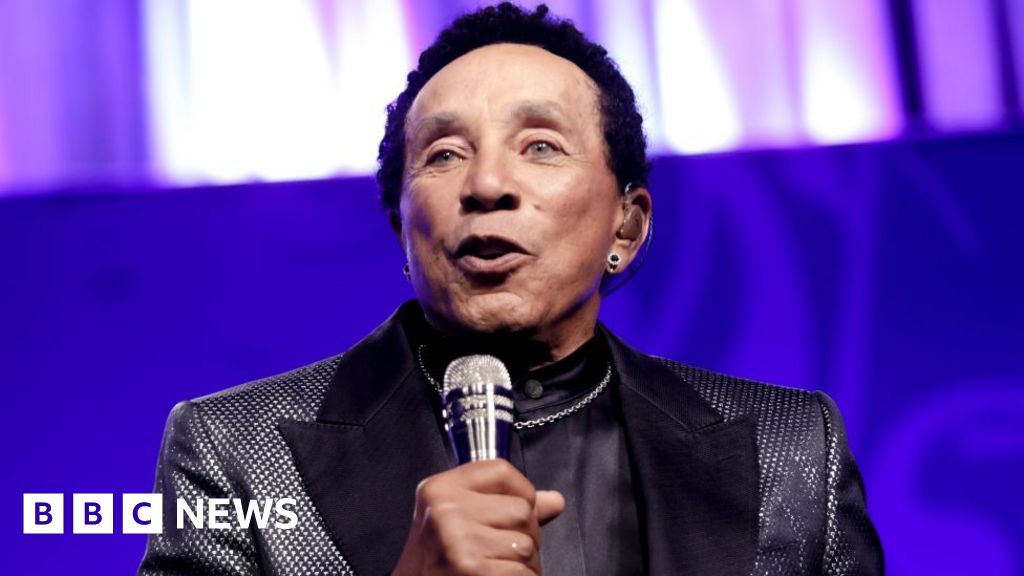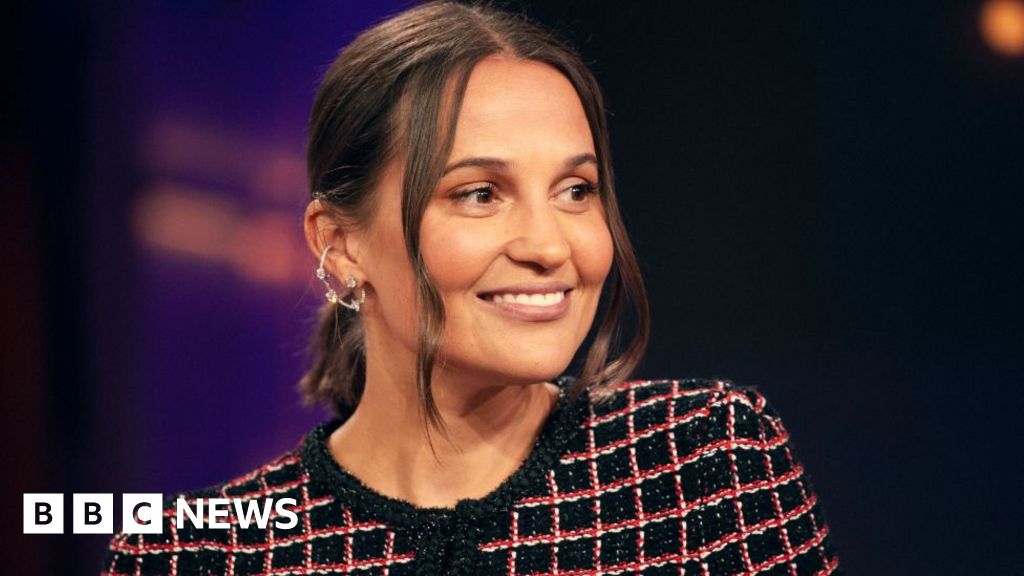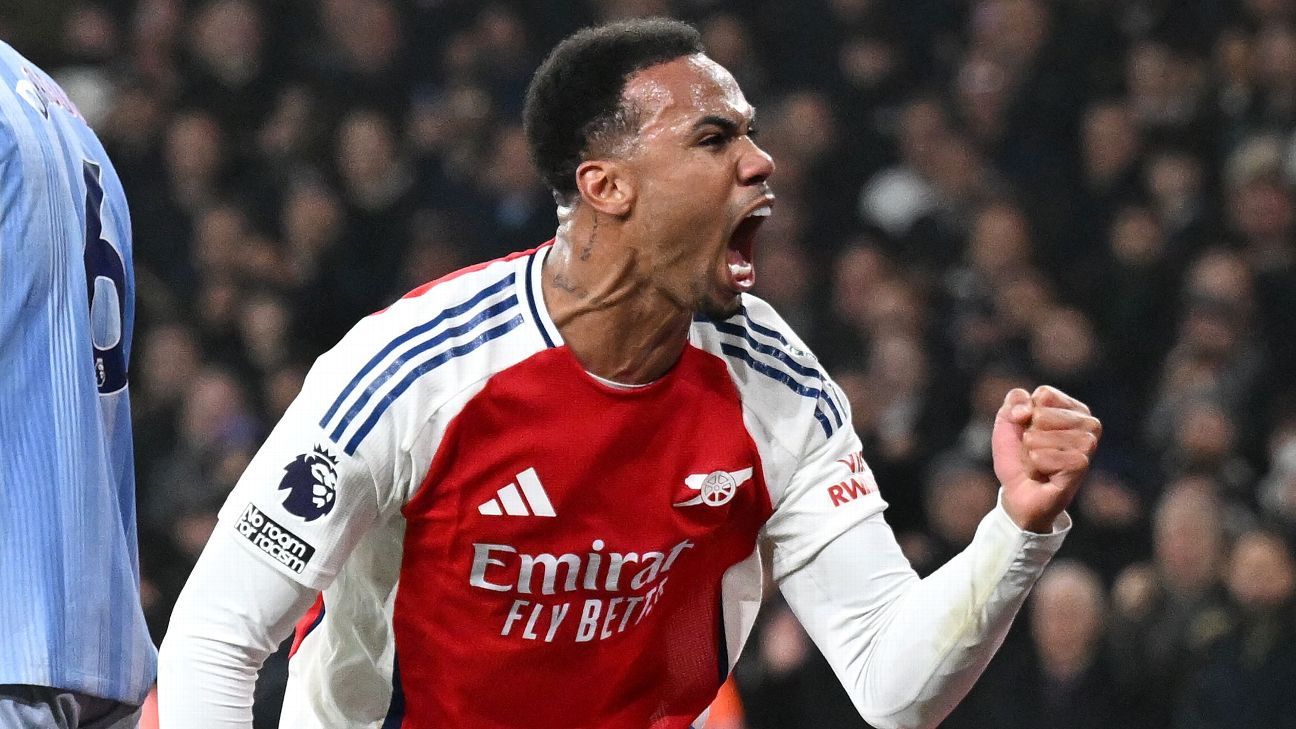Peter Hoskins
Business reporter
Laura Bicker
China Correspondent
Reporting fromBeijing

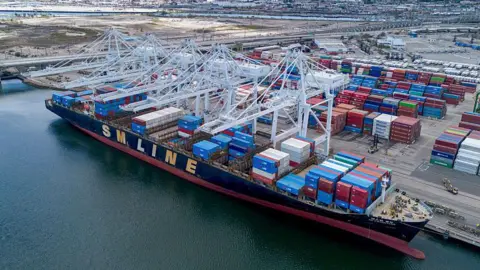 Getty Images
Getty Images
US and Chinese officials are set to start talks this week to try to deescalate a trade war between the world's two biggest economies.
Chinese Vice Premier He Lifeng will attend the talks in Switzerland from 9 to 12 May, China's Ministry of Foreign Affairs says.
US Treasury Secretary Scott Bessent and US Trade Representative (USTR) Jamieson Greer will represent Washington at the meeting, their offices announced.
Since returning to the White House, President Donald Trump has imposed new import taxes on Chinese goods of up to 145%. Beijing has hit back with levies on some goods from the US of 125%.
But global trade experts have told the BBC that they expect negotiations to take several months.
It will be the first high-level interaction between the two countries since Chinese Vice-President Han Zheng attended Trump's inauguration in January.
Mr Bessent said he looked forward to rebalancing the international economic system to better serve the interests of the US.
"My sense is that this will be about de-escalation, not about the big trade deal, but we've got to de-escalate before we can move forward," he said in an interview with Fox News.
"If the United States wants to resolve the issue through negotiations, it must face up to the serious negative impact of unilateral tariff measures on itself and the world," a Chinese commerce ministry spokesperson said on Wednesday morning.
Chinese State Media reported that Beijing had decided to engage with the US after fully considering global expectations, the country's interests and appeals from American businesses.
The report added that China's is open to talks but reiterated that if the country decides to continue to fight this trade war – it will fight to the end.
The trade war has triggered turmoil in financial markets and sent shockwaves across global trade.
Two trade experts told the BBC that they were not particularly optimistic about the talks, at least in the initial phase.
"You have to start somewhere, so I'm not saying it isn't worthwhile. Just unlikely to be the launch event people are hoping to see," said Deborah Elms, Head of Trade Policy at the Hinrich Foundation.
"We should expect to see a lot of back and forth, just like what happened last time in 2018," Henry Gao, Professor of Law at Singapore Management University and a former Chinese lawyer on the World Trade Organization secretariat said.
"I would expect the talks to drag on for several months or even more than a year".
Financial markets in the Asia-Pacific region were mixed after the announcements, while US stock futures rose.
Stock futures are contracts to buy or sell an underlying asset at a future date and are an indication of how markets will trade when they open.
Investors are also waiting for the US central bank to make its latest announcement on interest rates on Wednesday afternoon.
Additional reporting by Bianca Mascarenhas


Follow the twists and turns of Trump's second term with North America correspondent Anthony Zurcher's weekly US Politics Unspun newsletter. Readers in the UK can sign up here. Those outside the UK can sign up here.

 16 hours ago
6
16 hours ago
6
